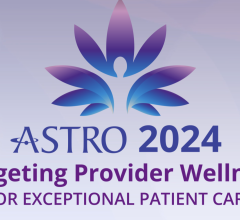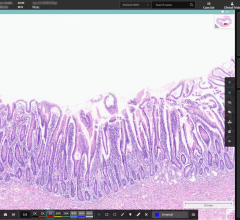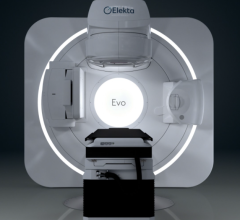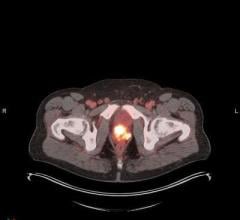A new template published by the American Society for Radiation Oncology (ASTRO) standardizes and streamlines the creation of patient-focused plans for long-term cancer survivor care following radiation therapy (RT). As the number of cancer patients and survivors in the U. S. continues to grow – the American Cancer Society predicts a 37 percent increase in the number of cancer patients surviving five years or longer over the next decade – so does the need for greater attention to long-term survivorship care.
The template and related research papers, “Development of a Standard Survivorship Care Plan for Radiation Oncologists” and “U.S. Radiation Oncology Practice Patterns for Post-Treatment Survivor Care,” are published in Practical Radiation Oncology (PRO), the official clinical journal of ASTRO. The template was developed to coordinate post-treatment care for cancer survivors among the various contributors to their care, including primary care providers (PCPs) and oncology specialists (radiation, medical and surgical), as well as patients themselves.
“Factors such as earlier detection of cancer, increasingly effective treatment options, and an aging population lead to a growing number of cancer survivors and, ultimately, a need to educate and empower these individuals for their ongoing care,” said ASTRO chair Bruce D. Minsky, M.D., FASTRO. “The ASTRO template is designed to foster better coordination of post-treatment care for cancer survivors, including greater clarity in the dialogue between radiation oncologists and PCPs for issues such as less common side effects that may appear well after treatment is complete.”
The framework also enables practices to meet new accreditation requirements set by the American College of Surgeons Commission on Cancer (CoC). In response to a 2006 recommendation from the Institutes of Medicine that cancer patients be provided with a survivorship care plan (SCP) following treatment, CoC issued a mandate that cancer programs provide SCPs for all curative cancer patients by 2019 to maintain accreditation.
The new CoC requirement may necessitate changes for the majority of radiation oncology programs, according to data from a March 2014 survey of ASTRO members, which include nearly all practicing radiation oncologists in the U.S. The survey found that only 40 percent and 19 percent of respondents used SCPs for curative and palliative patients, respectively. Primary barriers to implementation included cost and the lack of a standardized, comprehensive SCP framework suited to patients who received RT. Nearly 80 percent of the RT providers that reported using SCPs relied on a framework developed internally within their practice, indicating that different patients may receive different types of information depending on where they receive treatment.
“This two-page template facilitates consistency in SCPs across the discipline and also reduces the time and effort required by providers to complete each individual plan,” said Ronald Chen, M.D., MPH, an associate professor in radiation oncology at the University of North Carolina at Chapel Hill and lead author on the manuscript that includes the template. “The field of radiation oncology has a long tradition of creating treatment summaries for each patient, even before the Institute of Medicine recommended survivorship care plans in 2006. This radiation-oncology specific template will serve a dual purpose as both a traditional radiation oncology treatment summary and a plan for survivorship care that meets CoC requirements – thus reducing the burden on radiation oncologists from having to create two documents for each patient.” Chen was the chair of ASTRO's Clinical, Translational and Basic Science Advisory Committee, the group that examined current adoption levels of SCPs and developed the template to standardize them in the future.
While many radiation oncologists provide their patients with follow-up material such as diagnosis and treatment summaries, contacts for ancillary services such as financial or nutritional counselling, and information on potential late treatment effects, the SCP template coordinates these components in a central, plain language document. The template includes both elements required by CoC in SCPs, namely a summary of past treatment and directions for future care. The treatment summary outlines the survivor’s diagnosis and stage information; treatment details such as the site, dosage and schedule of RT; and contact information for providers who delivered the treatment. The plan for follow-up care covers anticipated toxicities from RT, expected course of recovery from treatment-related toxicities, possible functional and/or social limitations, recommendations for preventative measures and behaviors, cancer information resources, and referrals to supportive care providers.
For more information: www.astro.org


 May 17, 2024
May 17, 2024 








